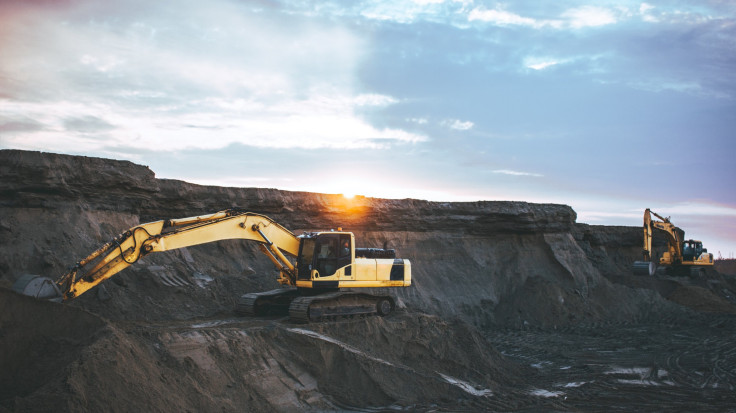Chinese Influence Over AVZ Minerals Causes Tensions In Australia

Chinese investors are extending their influence over a controversial Australian miner, prompting fears of a showdown with the Australian government.
AVZ Minerals is developing the world’s largest lithium deposit in Africa at a time when demand for lithium is rising because of its use in electric batteries.
China needs supplies of this strategically important resource and its companies and investors have been tying-up access through stakes in miners and via guaranteed delivery deals.
AVZ appears to be a priority target for China and a number of Chinese companies and investors have taken an interest in the Australian explorer.
However, China’s focus on AVZ comes as the Australian government has become increasingly concerned about Chinese influence over its economy. At the start of this year, the Government passed a new law that would require security clearance for all deals involving China that were in sensitive sectors, including mining.
Tensions between the two countries were inflamed last year when Australia called for an independent investigation into the origins of the coronavirus pandemic, which led to Beijing imposing trade restrictions.
Australian officials are particularly concerned that Beijing might be trying to control the country’s valuable resources sector and particularly vital commodities like lithium.
AVZ’s Manono project, which is located in the Democratic Republic of Congo (DRC), is an obvious target for China’s chemicals industry. The deposit is estimated to contain up to 500 million tonnes of lithium ore reserves and will have a lifespan of more than 20 years.
AVZ has so far accumulated losses of A$28 million exploring the Manono region and it has required a steady injection of fresh capital from Chinese investors to keep going.
Huayou Cobalt acquired a stake in AVZ now equivalent to 7.49% of the company and this deal was followed by Yibin Tianyi, which bought 8.3% in a A$10.7 million placement last year. Yibin Tianyi is part owned by CATL, the world’s largest manufacturer of lithium-ion batteries for use in electric vehicles.
The Yibin Tianyi investment was initially blocked by Australia’s Foreign Investment Review Board (FIRB) because it was “contrary to the national interest”, AVZ said. While an amended deal did eventually proceed, Australian security officials are understood to be watching Chinese involvement with AVZ closely.
Lithium Plus, another Chinese investor, acquired a 4.1% stake in AVZ last year. The company is owned by a Chinese investor called Bin Guo, who has close ties to CATL and CATL’s chief financial officer Shu Zheng.
AVZ has also announced off-take deals with Chinese battery manufacturers GFL International Co, a subsidiary of Ganfeng Lithium Co., and Shenzhen Chengxin Lithium Group. These deals will provide the Chinese enterprises with guaranteed supplies of lithium should AVZ get its mine into production.
While the Australian government scrutinises Chinese involvement in AVZ, other investors have expressed concerns about the miner’s governance standards.
The Boatman Capital Research said in a published note that it was concerned about corruption “red-flags” that it had identified in AVZ’s acquisition of the Manono project.
“We urge Australian regulators to investigate AVZ’s involvement in the DRC in order to ensure full compliance with international laws and to protect investors,” the Boatman report said.
Boatman Capital was particularly concerned about AVZ’s partner in the DRC, Dathomir Mining Resources. Dathomir sold AVZ the stake in Manono and is still owed $20 million by the Australian company.
According to Boatman Capital’s report , Dathomir is owned by a shell company in the Seychelles, which in turn is owned by an opaque entity in Belize.
It said: “Whoever stands to benefit from Dathomir and the development of the Manono mine seems to have gone to extraordinary lengths to hide themselves from public scrutiny.”





















